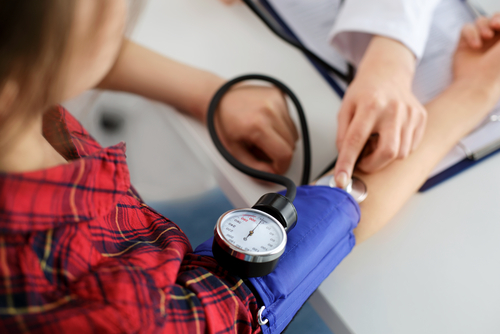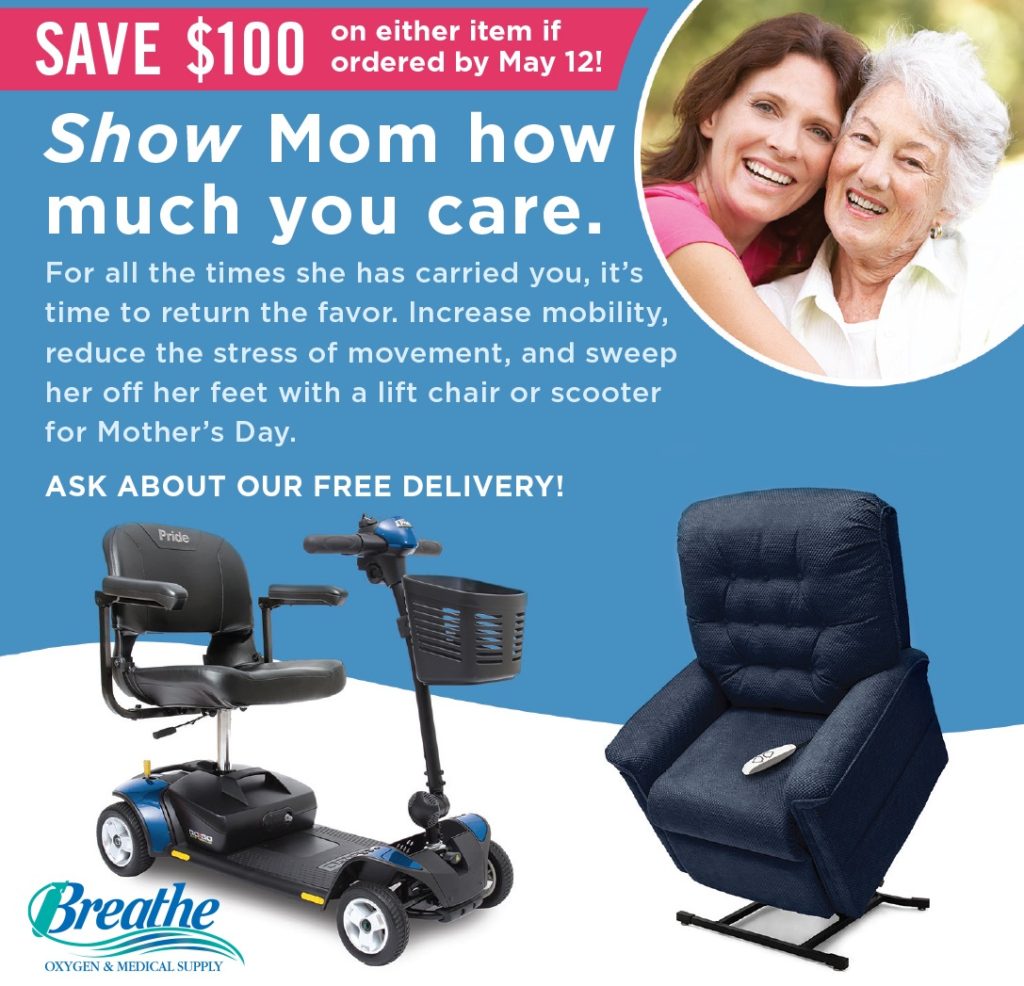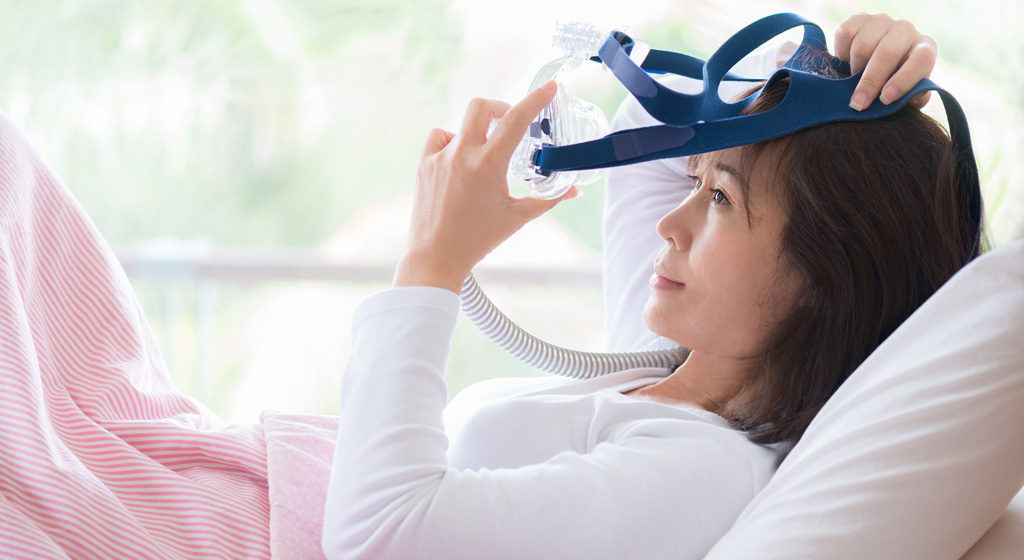Community Support
New Study: Sleep Is Literally a Deep Clean for Your Brain
Sleep washes away toxic gunk that builds up in your brain. Do you really want to leave it there?
By Jessica Stillman – Contributor, Inc.com
It doesn’t take a PhD to figure out that sleep is essential. Anyone who’s struggled to get through the next day after a late night out can tell you that.
But researchers are constantly adding interesting new additions to the long list of reasons we sleep, from cementing new learning, to scrubbing the emotional charge from painful memories, to preventing you from having crabby fights with your partner (yes, this has been scientifically proven).
And now a team out of Boston University has added yet another reason to the list, and it’s particularly bad news for those who don’t manage to get enough shut eye: Sleep physically washes toxins, including those that can lead to Alzheimer’s, from your brain.
A carwash for you brain
The new study published in the journal Science and highlighted in Wired (hat tip Kottke) builds on earlier studies with mice that suggested sleep physically cleans out toxins that build up around the brain due in its normal functions. Was something similar going on with humans? Biomedical engineer Laura Lewis asked a bunch of study subjects to take a snooze in an MRI machine to find out.
“What she discovered was that during non-REM sleep, large, slow waves of cerebrospinal fluid were washing over the brain. The EEG readings helped show why. During non-REM sleep, neurons start to synchronize, turning on and off at the same time,” explains Wired’s Sara Harrison. “Because the neurons had all momentarily stopped firing, they didn’t need as much oxygen. That meant less blood would flow to the brain. But Lewis’s team also observed that cerebrospinal fluid would then rush in, filling in the space left behind.”
In short, completely non-scientific terms, sleep allows your brain to take a bath, washing off all the toxins that build up just as part of the day’s daily business.
Good news for Alzheimer’s patients, bad news for the sleep deprived
That news is most important for Alzheimer’s patients as it may open up a pathway to new treatments focused on “increasing the amount of cerebrospinal fluid that washes over the brain,” writes Harrison. “Finding a way to clear out all of that garbage could be much more powerful than just focusing on one piece of the problem” with drugs.
But it’s not just those suffering from Alzheimer’s or one of the many other psychiatric and neurological connections that may be linked to a buildup of brain toxins who should take note. As Maiken Nedergaard, an outside sleep expert who examined the new study for Scientific American commented, this research has implications for just about everyone who sleeps.
“Maybe the most important take-home message is that sleep is a serious thing,” he says. “You really need to sleep to keep a healthy brain because it links electrical activity to a practical housekeeping function.”
So next time your hand is hovering over the “next episode” button on Netflix late at night or you’re pondering tackling just one more work task before you hit the hay, take a moment to remember this study and visualize all the garbage building up in your brain. If you don’t want it to stay there gunking up the works, it’s time to turn off that bedside lamp and prioritize sleep.
PUBLISHED ON: NOV 10, 2019 Inc.com
Image © Getty Images.
The opinions expressed here by Inc.com columnists are their own, not those of Inc.com or Breathe Oxygen Supply, Inc.
CPAP
How Does CPAP Lower Blood Pressure?
How Does CPAP Lower Blood Pressure?
It’s easy to write off snoring as nothing more than a nightly nuisance that drives your partner crazy. However, when you’re dealing with obstructive sleep apnea, there are serious health issues to be concerned about.
Sleep apnea is linked with high blood pressure, a common risk factor for heart disease. Here’s what you need to know about high blood pressure—including recent research on how CPAP lowers blood pressure.
Symptoms and Risks of High Blood Pressure
If you’re thinking to yourself, “I feel fine, there’s no way I have high blood pressure,” that’s your first mistake. According to the American Heart Association, “high blood pressure is a largely symptomless killer.” The reality is that you might not even know you have it.
If untreated, high blood pressure can cause potentially fatal damage to the heart, arteries, brain and kidneys.
How CPAP Lowers Blood Pressure
Obstructive sleep apnea is among the several risk factors for high blood pressure. Sleep apnea patients experience frequent gaps in breathing, which can lead to an increase in blood pressure as the body struggles to maintain a steady oxygen flow.
It makes sense, then, that treating sleep apnea would also help lower blood pressure—and research backs this up. According to a Swiss study published in 2015, CPAP therapy reduced systolic blood pressure by 2.5 mm Hg and diastolic blood pressure by 2.0 mm Hg, which are modest but noticeable amounts. (For those curious, systolic blood pressure is the top number in a blood pressure reading, and diastolic blood pressure is the bottom number.)
Beyond CPAP therapy, the lifestyle changes recommended for sleep apnea patients can also help lower blood pressure. Maintaining a healthy weight, avoiding alcohol and quitting smoking are all considered effective ways to improve both health conditions.
Remember that high blood pressure is a silent killer, so if you suspect you have sleep apnea, talk to your doctor about both related health conditions. The sooner you begin CPAP therapy, the better.
Community Support
Breathe Supports Frugal House
Breathe Oxygen & Medical Supply is proud to support Topeka Symphony’s Frugal House in the Lofts at 718 Kansas Avenue, fund raising project.
Friday-Sunday, Oct. 20 – 22, 2017
For Information: http://www.topekasymphony.org/pages/frugal_house.html
Breaking News
Mother’s Day 2017 – Sale
Mother’s Day 2017 Sale
Order by May 12, 2017 – Save $100 and get Free Delivery on lift chairs and scooters
For all the times she has carried you, it’s time to return the favor. Increase mobility, reduce the stress of movement, and sweep her off her feet with a lift chair or scooter for Mother’s Day.
Call 785-272-0445 or stop in.
Topeka: 5967 SW 29th Street, Suite 260
(One block East of 29th & Wanamaker Road)
Lawrence: 650 Congressional Drive, Suite C
(One block West of 6th & Wakarusa)
Long Term Care
LeadingAge Kansas 2017 Spring Conference & Expo
Breathe Oxygen & Medical Supply will be exhibiting and sponsoring at the LeadingAge 2017 Spring Conference & Expo; April 27 & 28, 2017, Hyatt Regency & Century II, Wichita, Kansas. Breathe is very proud to be an Associate Member of LeadingAge Kansas.
LeadingAge Kansas is an association of nearly 160 not-for-profit aging services providers dedicated to serving the needs of aging Kansans. LeadingAge Kansas advances policies, promotes practices and learning that empowers its members to help seniors live fully as they age. The members serve over 25,000 seniors in Kansas each day.
Breathe is the region’s largest supplier of durable medical equipment, oxygen, respiratory, and related supplies, and as such is a single point resource to scores of aging service providers.
CPAP, Equipment Maintenance
CPAP & BiPAP – Weekly Cleaning Procedures
It is important to keep your CPAP or BiPAP machine, humidifier and supplies clean. Breathe recommends the following steps on a weekly basis. Read More






